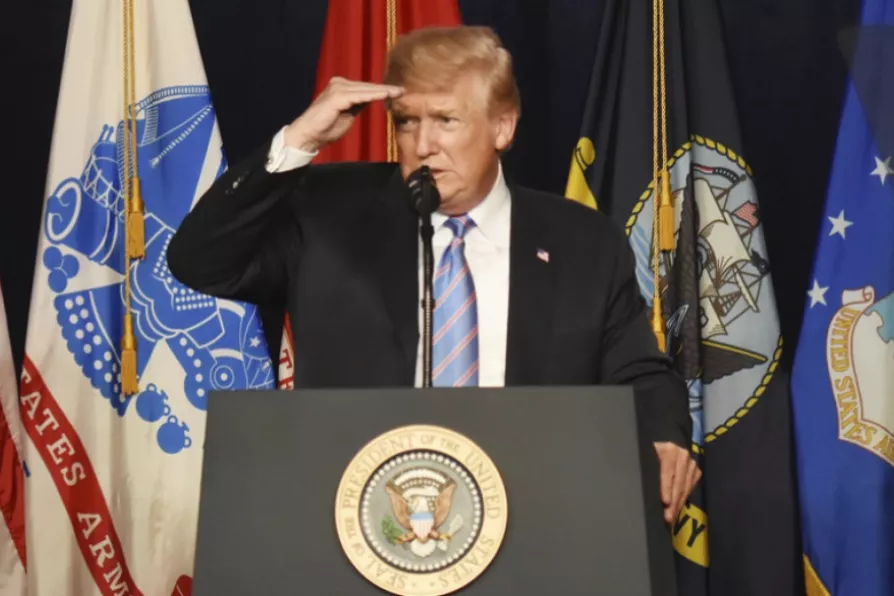

FOR anyone concerned about the prospects for Latin America and its peoples, the election of President Donald Trump in 2016 signalled a danger warning, which has since proved to be the case in practice.
Trump’s approach to Latin America has shown an increasing hostility towards those governments in the region seeking to assert their right to self-determination and chart a course that serves their population’s interests, not those of the United States.
First in the firing line have been Cuba and Venezuela, with Nicaragua not far behind.

International solidarity can ensure that Trump and his machine cannot prevail without a level of political and economic cost that he will not want to pay, argues CLAUDIA WEBBE

The US is desperate to stop Honduras’s process of social and democratic change, writes TIM YOUNG

FRANCISCO DOMINGUEZ says the US’s bullying conduct in what it considers its backyard is a bid to reassert imperial primacy over a rising China — but it faces huge resistance











